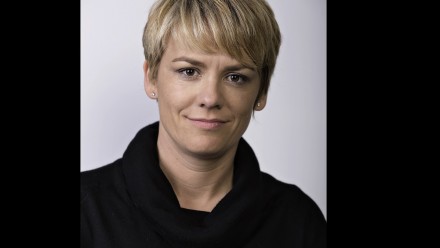Pathways from collective environmental action to wellbeing by Dr Zoe Leviston
Abstract: Sustaining an environment in which human and non-human life can survive and flourish will require fundamental shifts to the way many societies operate. Collective participatory endeavours are essential for realising large-scale social change. Collective environmental actions may confer direct benefits to the environment (e.g., through land restoration), as well as indirect benefits through developing collective solutions and creating sufficient political pressure on constitutional governments to address environmental decline. Collective action may also confer individual health and wellbeing benefits. There is clear evidence that individual pro-environmental behaviour is related to positive mental health and well-being outcomes, but existing research on the links between collective environmental action and wellbeing paints a muddier picture. I will outline several pathways through which collective environmental action may shape eco-emotional and wellbeing outcomes, including via nature-based ‘cures’, social ‘cures’, and interpersonal perception ‘cures’, and present recent evidence on concurrent positive and negative wellbeing correlates of collective action. I will discuss the potential roles of perceived social isolation and stigma in exacerbating negative individual-level outcomes of collective environmental engagement.
Bio: Dr Zoe Leviston's work applies social psychological theory to investigate how individuals, groups, and culture shape people’s responses to climate change and other environmental issues. She is especially interested in how group processes and social norms influence people’s attitudes and behaviours, and the role of collective action in ‘mainstreaming’ meaningful climate action.
Society and Climate Change Seminar Series
This talk is part of a series of talks about society and climate change designed for researchers, students and policy makers. The series provides an opportunity to connect with researchers studying similar topics and present your research in a supportive multidisciplinary environment. PhD and Master students welcome. Held at ANU every six weeks, from 4pm to 5.00 pm, with nibbles and drinks afterwards. Kindly supported by the ANU Institute of Climate, Energy and Disaster Solutions.
RSVP Rebecca.Blackburn@anu.edu.au, Sarah.Boddington@anu.edu.au and Hannah.Feldman@anu.edu.au







